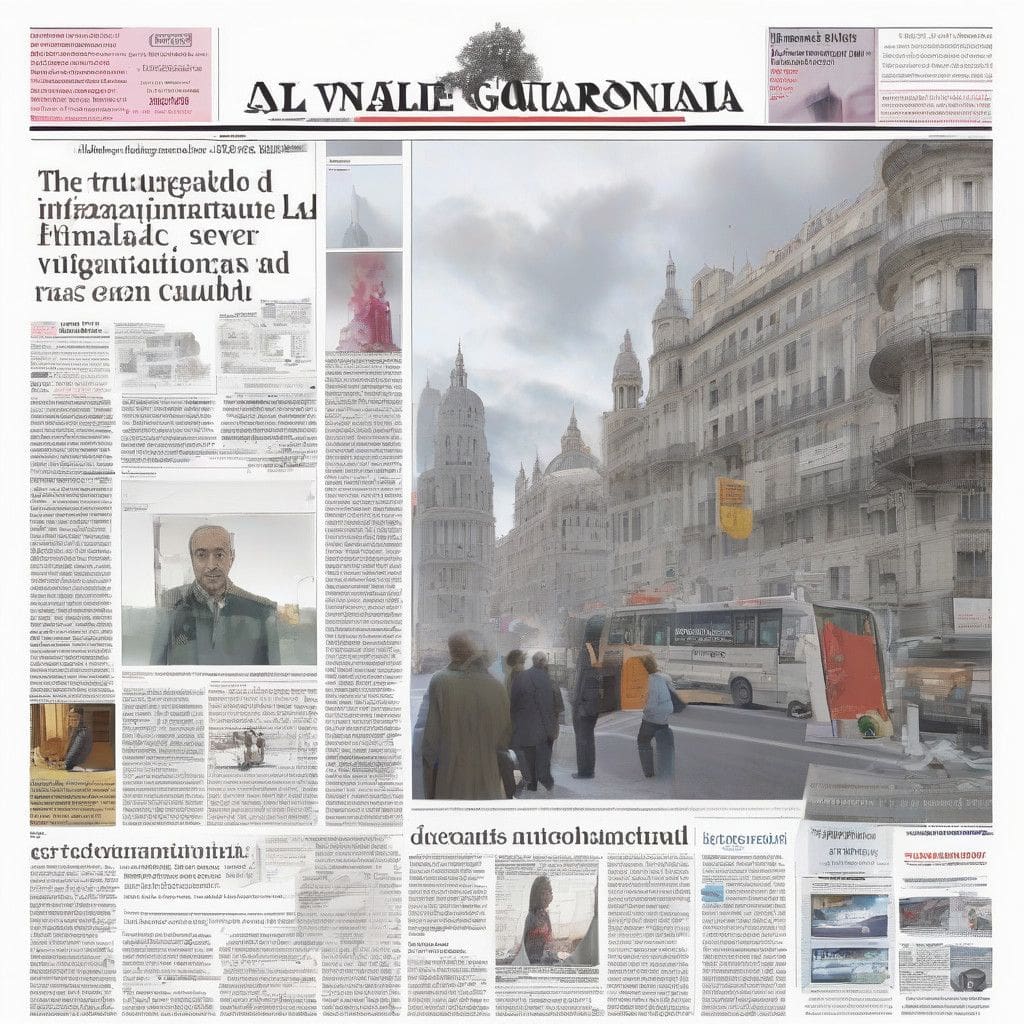La Vanguardia, one of Spain’s most significant newspapers, has announced its decision to cease all activity on X, the platform previously known as Twitter. This choice underscores an increasing wave of concern regarding the platform’s approach to moderation, especially under the ownership of Elon Musk. The publication highlighted alarming issues around hate speech, disinformation, and toxic content that it can no longer tolerate.
In making this decision, La Vanguardia noted that X has transformed into an “echo chamber” where conspiracy theories and extremist views thrive unchecked. Editor Jordi Juan articulated a growing frustration with the platform’s effectiveness in moderating harmful content, describing it as increasingly manipulative and profit-driven. This sentiment is not unique to La Vanguardia; it echoes the concerns raised by other prominent media outlets that have either limited their presence or exited the platform altogether.
The backdrop to La Vanguardia’s departure is marked by a concerning trend. Since Musk’s acquisition of X in 2022, the platform has faced mounting criticism for its permissive stance toward misinformation and divisive speech. Many argue that this shift is motivated by a desire to boost ad revenue, leading to a deterioration of the journalistic integrity that many expected from a platform that served as a public forum.
The timing of La Vanguardia’s announcement is particularly noteworthy. Just as Spain grapples with the aftermath of devastating floods, where accurate information is paramount, the newspaper pointed out how disinformation can shape public perception and response during crises. The recent events serve as a stark reminder of the real-world impact that toxic online environments can have on society.
La Vanguardia isn’t alone in its stance; other significant publications like The Guardian have also expressed concern over similar issues. This collective action signals a growing consensus among media organizations about the dangers posed by platforms that allow misinformation to spread unchecked. The goal is clear: to preserve the integrity of journalism and protect the public from the harmful implications of false narratives.
Journalists associated with La Vanguardia will retain their personal accounts on X, but the organization’s official presence will be suspended. This move not only safeguards their historical archive of 1.7 million followers but also sends a robust message about the newspaper’s commitment to ethical journalism. The choice reflects a broader trend where media entities are reassessing their relationship with social media platforms in light of ongoing controversies about content moderation.
As La Vanguardia steps back, it raises important questions about responsibility and accountability in social media. What role should platforms like X play in curbing disinformation? How can media organizations ensure they are not complicit in spreading toxic content? These questions are particularly pertinent as society continues to navigate the delicate balance between free expression and the need for responsible discourse.
The stakes are high. The proliferation of misinformation not only threatens the integrity of journalism but also endangers societal cohesion. Given this landscape, La Vanguardia’s departure from X is more than a business decision; it is a stand for responsible media and a call to action for both platforms and users to reassess the impact of their engagement with digital content.
In conclusion, La Vanguardia’s choice to sever ties with X exemplifies a significant trend among media outlets that prioritize ethical reporting over engagement in toxic spaces. As conversations around disinformation and platform accountability intensify, it remains to be seen how other organizations will respond and what changes may unfold in the digital landscape moving forward. Ultimately, the future of journalism may well depend on the collective efforts to cultivate healthier online environments.












